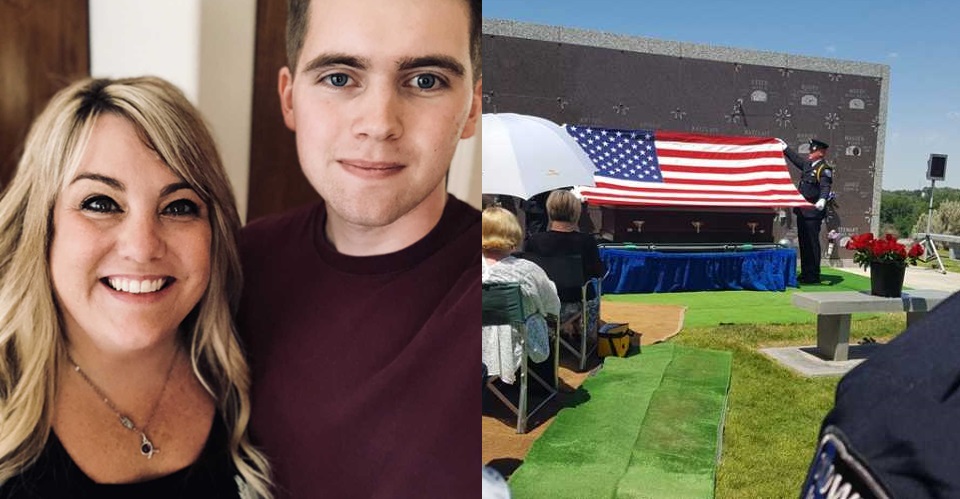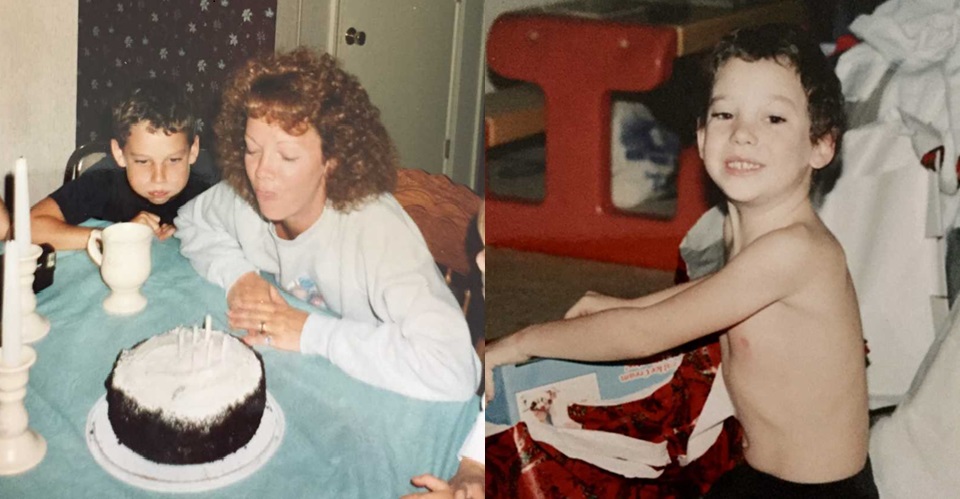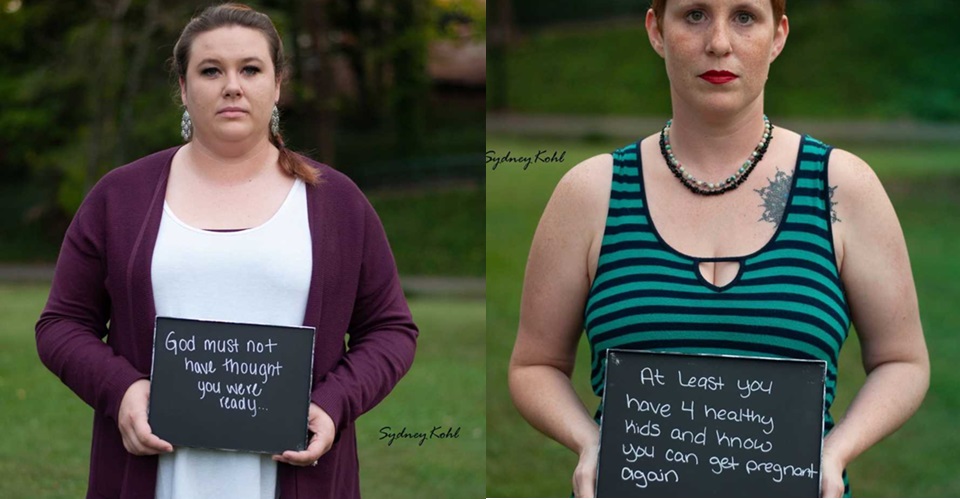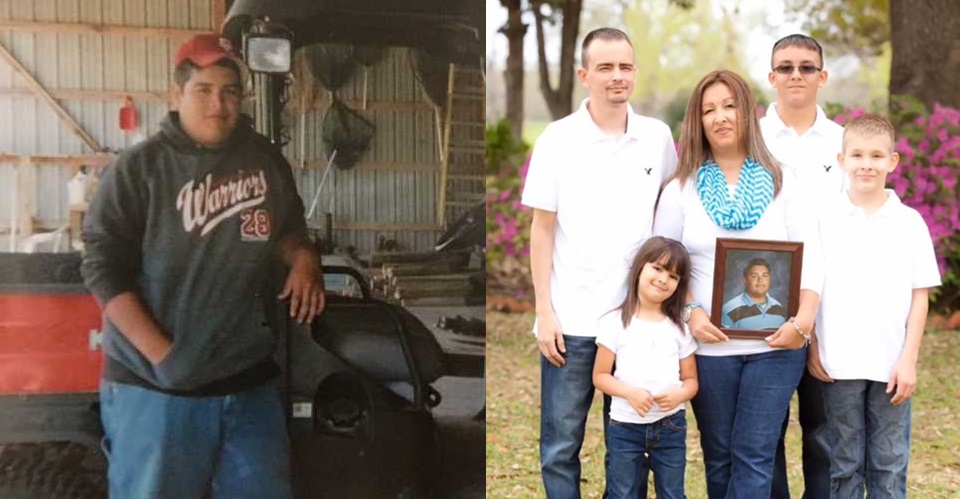Goodbyes are harder now. They weren’t always. Before her husband Chad got sick, before cancer changed everything, before grief rewired her entire body, goodbyes were just quick hugs in doorways, promises to call later, and a casual “see you soon.” But now, every goodbye feels heavier, like she is packing all her love, fear, and memories into one last embrace, just in case.
When her son left for the military at seventeen, she thought she was ready. She was proud, even excited, that he was starting his life, choosing to serve his country, stepping out into the world with courage. She waved him off with a heart that was hopeful and steady. At the time, Chad’s scans had been clear. They thought the storm had passed. She thought the worst was behind them. But the next time she saw her son was at Chad’s funeral.

It’s been over two years since Chad died, and those words still sting every time she says them out loud. Sometimes she still half expects to hear his keys at the door. Sometimes she catches herself saving a story for him, only to remember he won’t be walking in to listen to it. Grief is strange like that, tugging you between reality and the life you wish you still had. She managed to see her son again that Christmas, six months after the funeral, but she barely remembers those days. The fog of grief was too thick, wrapping around her like a heavy blanket she couldn’t claw her way out of. She functioned, but just barely.
And then, finally, after one year, seven months, and four long days, she got to see him again. A surprise trip, a flight she almost didn’t take because she hates flying. But fear had stopped mattering after Chad’s diagnosis. She had flown so many times for treatments and appointments back then, jumping on planes because she had to. This time was no different. She had to see her boy. For 14 hours, everything felt right again. Her son’s arms are around her, her family is together, and her heart is full. For 14 hours, she felt steady. And then came the goodbye.
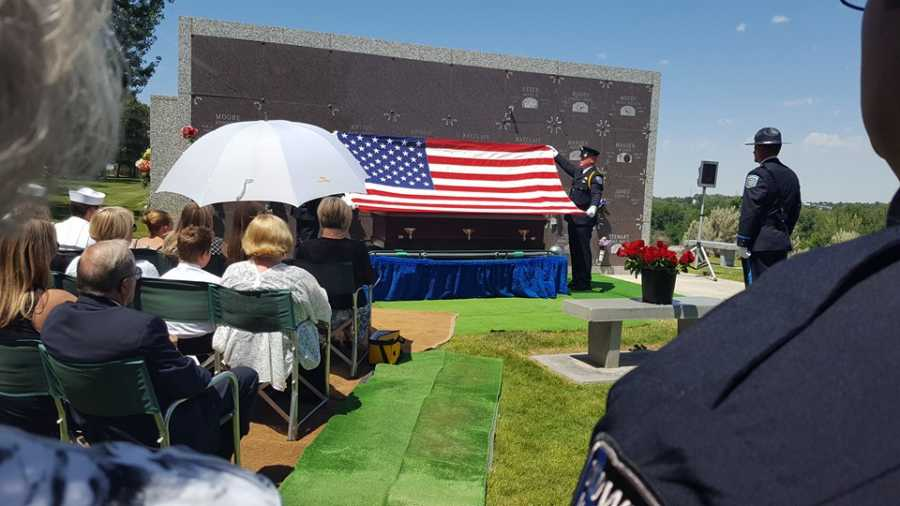
She thought she’d be fine. She thought she’d hug him, wave him off, and remind herself he was just returning to work. But the moment came, and her body betrayed her. Panic rose like a tide. Fear burned on her skin. Her chest felt heavy, her stomach twisted. She wanted to grab him and not let go. She tried to beg him to stay, even though she knew he had to leave. She didn’t cry in front of him, but when he drove away, she broke. That’s the thing about loss. It changes you. It makes you cling harder, love deeper, and fear every goodbye, even the ordinary ones. She misses her children in ways she never did before. She misses them because now she knows what it feels like to lose someone and never get them back. And that knowledge never really leaves.
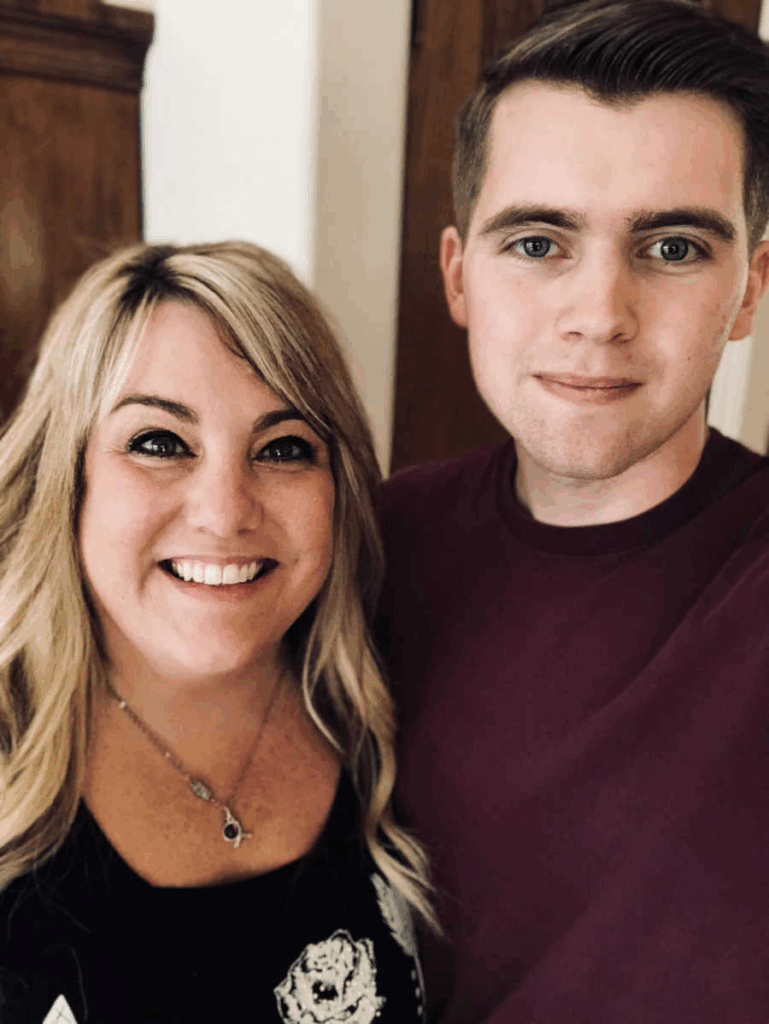
She says there’s a before-Chad-died version of herself and an after-Chad-died version, and she is still learning to live as the latter. Sometimes the grief spills out in ways she can’t predict. Sometimes she feels fear more intensely than she’d like. But she refuses to let it stop her. Because she knows what Chad would want, he would like her and the kids to live fully, to keep going, to keep loving, to keep being adventurous, and to keep finding beauty in the world, even when it feels broken. He wouldn’t want them frozen in fear. He wouldn’t want their lives defined by his absence.

So she tries. Even when goodbyes feel impossible, she reminds herself that not living would be the greatest injustice to his memory. And so she chooses love, adventure, and to keep saying goodbye with hugs that last a little longer, knowing there will always be another hello. Because goodbyes are harder now, but they are not the end.
